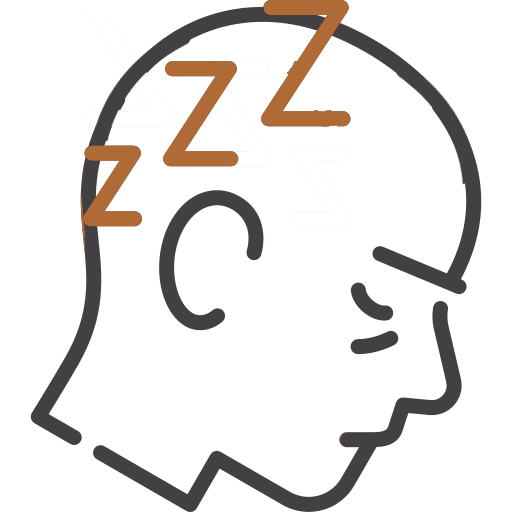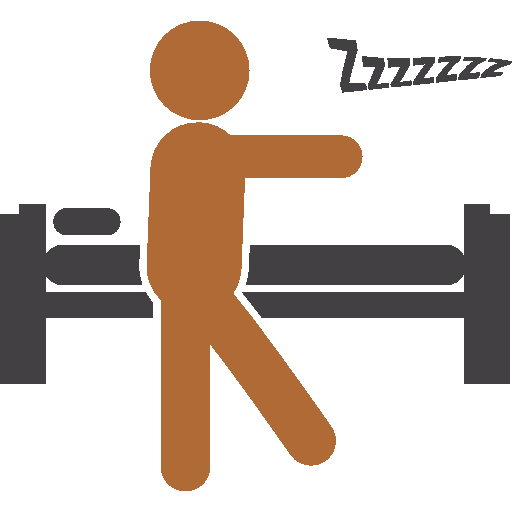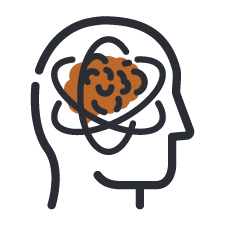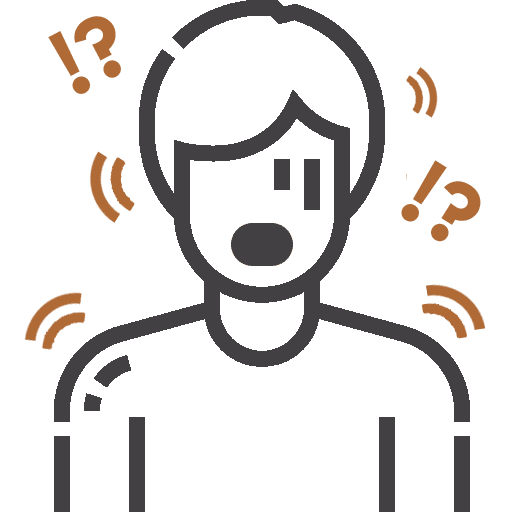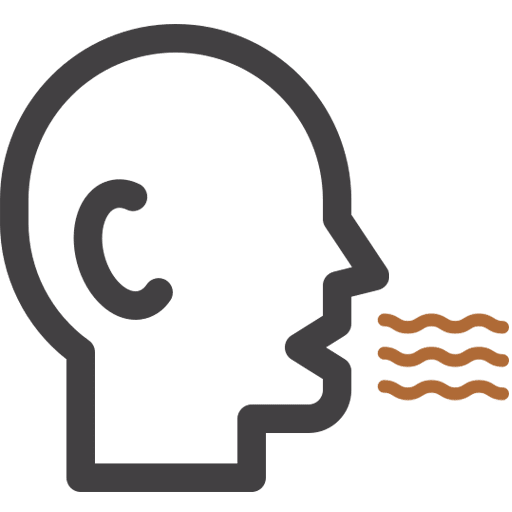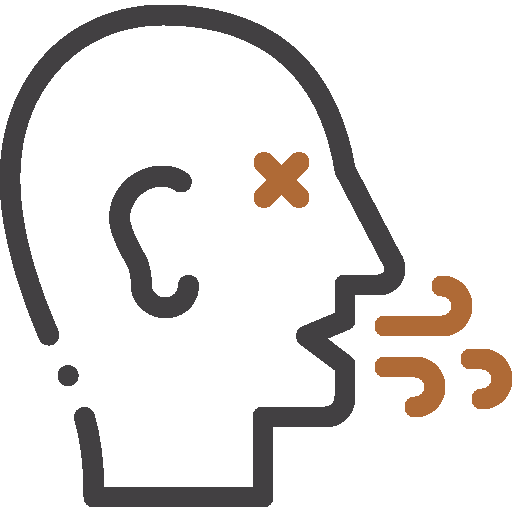Ambien, a medication primarily prescribed to treat insomnia, can be a helpful solution for individuals who struggle with falling asleep or staying asleep. However, it is essential to use Ambien as directed by a healthcare professional and be aware of the potential side effects and risks associated with its misuse.
Because of its sedative nature, the risk of misuse and addiction is also present. In fact, approximately 6.4 million people aged 12 or older misused prescription sedatives, including Zolpidem products in 2018.
This article aims to provide you with a thorough understanding of the effects of Ambien and the importance of recognizing the signs of abuse.




